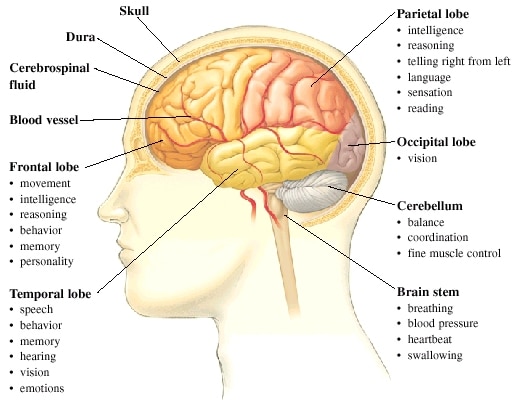The ability of my system to generate a rush of endorphins when I sit down to listen to my favorites is the most important measure by which I judge how happy I am with my sound. Certain drugs, like morphine, methamphetamine, MDMA, etc. are known to affect the brain in similar ways (through differing mechanisms), albeit in much more dramatic fashion. However, studies have shown that listening to music regularly can improve one’s overall mood and immune response; the same cannot be said of any of those drugs.
Here’s a quote from a very interesting white paper that delves into the effects of audio on the brain: Music and the Brain: Processing and Responding (A General Overview), by Feyza Sancar.
“As it might be suspected, in order for music to provoke an emotional response, the areas used in deciphering, learning, and remembering music must be connected or related to areas of the brain which produce a emotional responses. In this case, the areas of the brain which have been implicated are the frontal lobes and limbic system. Liking certain types of music also depends on the state of emotional arousal which they exhibit. Exciting and festive music has been observed to be both well-liked and arousing. The root cause of liking and disliking as well as pleasurable effects of music are currently associated with the production of endorphins.”

Back to using this knowledge to craft your sound. Imagine a continuous feedback loop with the System/Components on one end, the Room on the other and in the middle, you the Listener (more precisely, your ears connected to your brain). Listen to something you’re very familiar with and that elicits this rush of excitement in you when you hear it (be sure it’s a high quality recording). Note the characteristics and cues in the music that excite you; it may be in the timing, the tick and shimmer of the cymbals, the thump of the bass or the spatial elements in the soundstage. Whatever it is, the more you use this information to choose gear that excels in these areas the more satisfied you’re going to be with our sound. Make audio your drug and as the studies imply, you’re likely to live a happy and healthy life.
